Curriculum
The Bowes Curriculum
Growing Hearts, Growing Minds
Curriculum Intent Statement
|
We provide pupils with an engaging and empowering curriculum that equips them for today and tomorrow, building on their natural curiosity and thirst for new experiences and knowledge. We view the curriculum as encompassing every planned and unplanned experience and interaction that pupils encounter in our school. It shapes all aspects of our practice and culture, from academic content to the personal development of characteristics and virtues. Our curriculum aims to improve the life chances of all children by ensuring each child becomes a:
Our high academic ambition for all pupils, including those with special educational needs and disabilities, is delivered through a broad, carefully planned, and sequenced curriculum. This ensures new knowledge and skills builds on prior learning and leads towards clearly defined end points, and prepares them well for the next stage in their education. Our curriculum extends beyond academics to support pupils’ personal development. This is achieved through our Bowes values and the development of character, personal, social, and health education, as well as spiritual and cultural awareness. We are committed to fostering understanding and empathy for local, national, and international issues. Our strong emphasis on pupil voice encourages independent and engaged learners. This is facilitated through lessons, the Bowes Parliament, and the development of young leadership skills. We prioritise teaching oracy in our primary curriculum, as it underpins literacy, enhances cognitive development, and fosters social skills, opening doors to all areas of learning. Our focus on oracy supports academic achievement, builds confidence, and prepares our pupils for future success. By developing strong speaking and listening abilities, we equip our pupils to express their thoughts, engage fully in their education, and interact effectively, laying a solid foundation for lifelong learning and adaptability. Both in and outside the classroom, our curriculum is designed to instil cultural capital — the 'best' knowledge, skills, and understandings that humanity has to offer. We aim to foster an appreciation for human creativity and achievement, and we ensure all pupils have access to diverse cultural experiences. Our curriculum intentions are encapsulated in our drivers – VOICE. These drivers shape our curriculum breadth and are derived from an exploration of our pupils' backgrounds, our beliefs about high-quality education, and our values. They guide us in providing appropriate and ambitious curriculum opportunities for all pupils.
|
Curriculum Principles:
|
In Practice We recognise and value each curriculum area and teach them discretely, ensuring that our pupils develop a deep understanding and love for the subject. Where appropriate, links between subjects are made to form “themes”. These themes enable pupils to make meaningful connections, strengthen schema, support engagement and bring meaning to the curriculum. We call this thematic approach our “Learning Quest”. We specify exactly what we teach in each subject and communicate this with teachers and parents. |
Curriculum Implementation |
|
Lessons start with a prior learning review, where pupils are supported to retrieve prior knowledge and make connections. We have an emphasis on explicitly teaching vocabulary, and each lesson starts with introducing, orally rehearsing, and engaging with key vocabulary. Key vocabulary is contextualised throughout the lesson and pupils are given opportunities to apply new words. We ensure information is presented in small steps, clearly explained and modelled, and pupils have many opportunities to talk, answer questions, explain their learning and work independently. Throughout lessons, teachers assess/monitor pupil responses and provide effective feedback. Future planning, with purposeful adaptations, is informed by assessment for learning. This is achieved through questioning, written and oral responses, multiple choice questions, using Knowledge Organisers and quizzes. Consolidation and depth of learning:Pupils consolidate their retrieval of key subject knowledge and deepen their understanding of it, through the application of their knowledge through subject skills and depth of learning. “I hear and I forget. I see and I remember. I do and I understand.” In order to develop understanding, pupils connect new knowledge with existing knowledge, develop fluency and unconsciously apply their knowledge as skills. To enable pupils to become creative thinkers and have a greater depth of understanding, they must first master the basics, which takes time. Therefore, within lessons pupils gradually progress in their semantic strength and procedural fluency through three cognitive domains: basic, advancing and deep.
|
||
If you would like to discuss our curriculum in more detail, please contact any member of the Senior Leadership Team via the school office. |



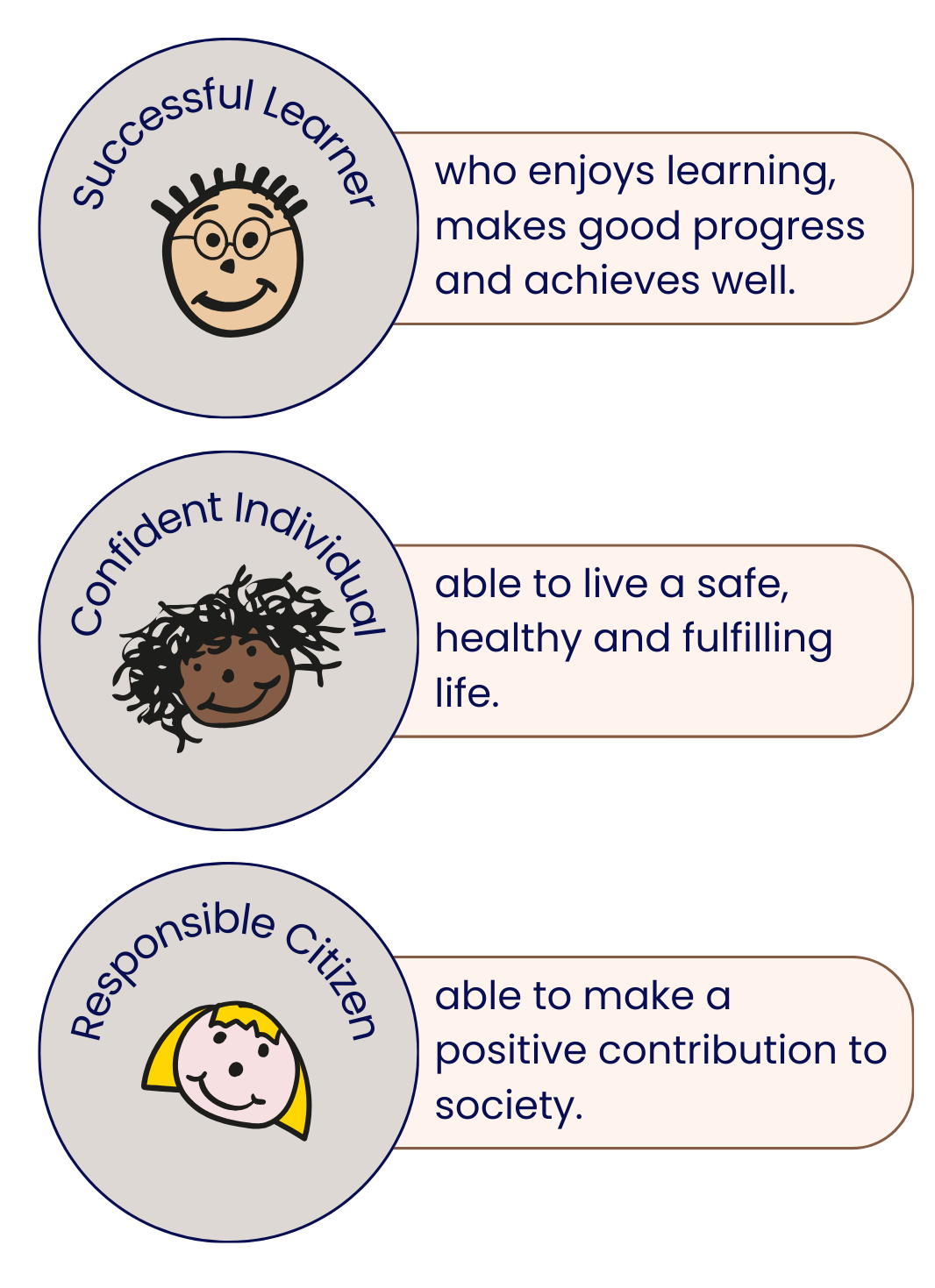
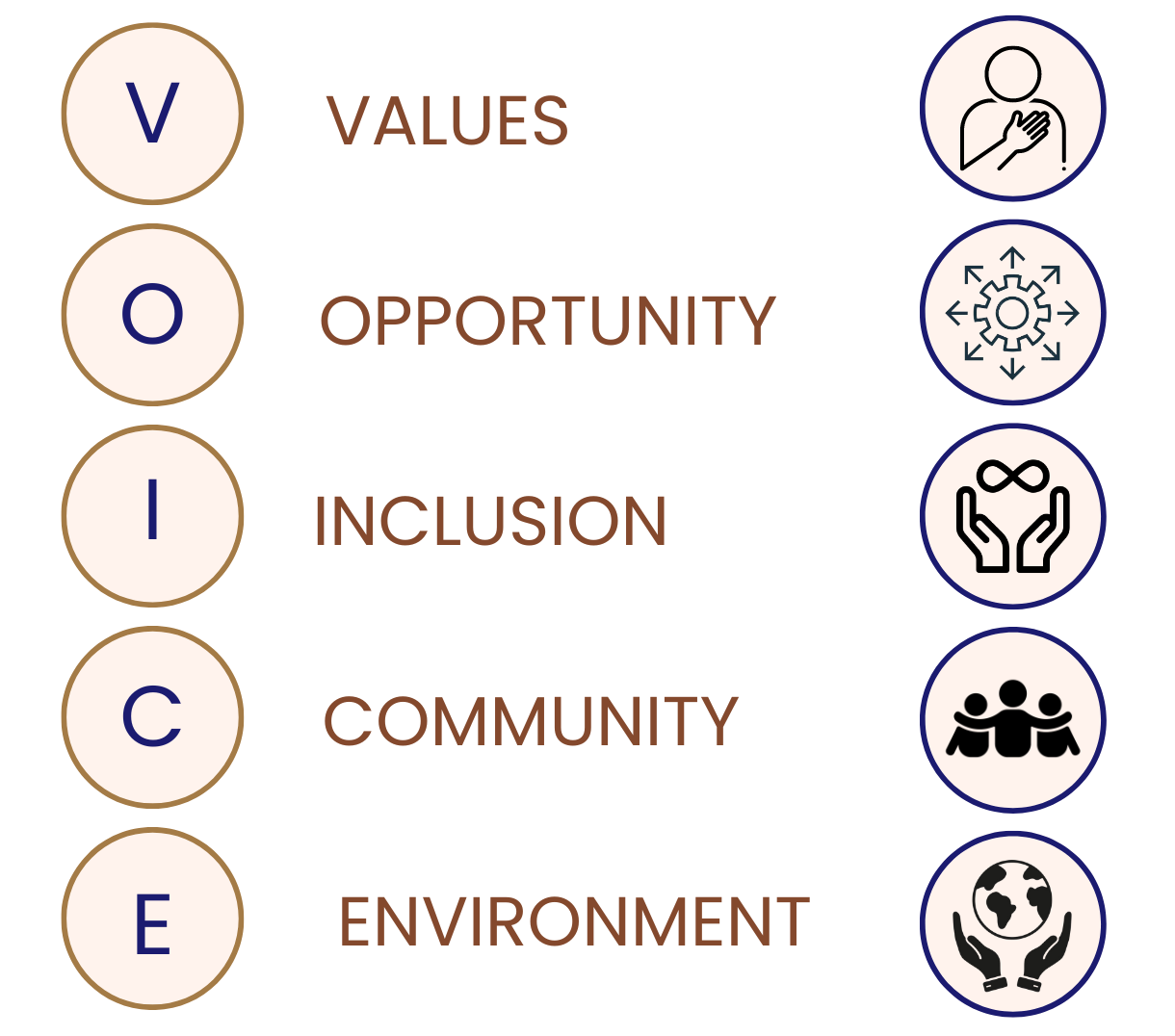
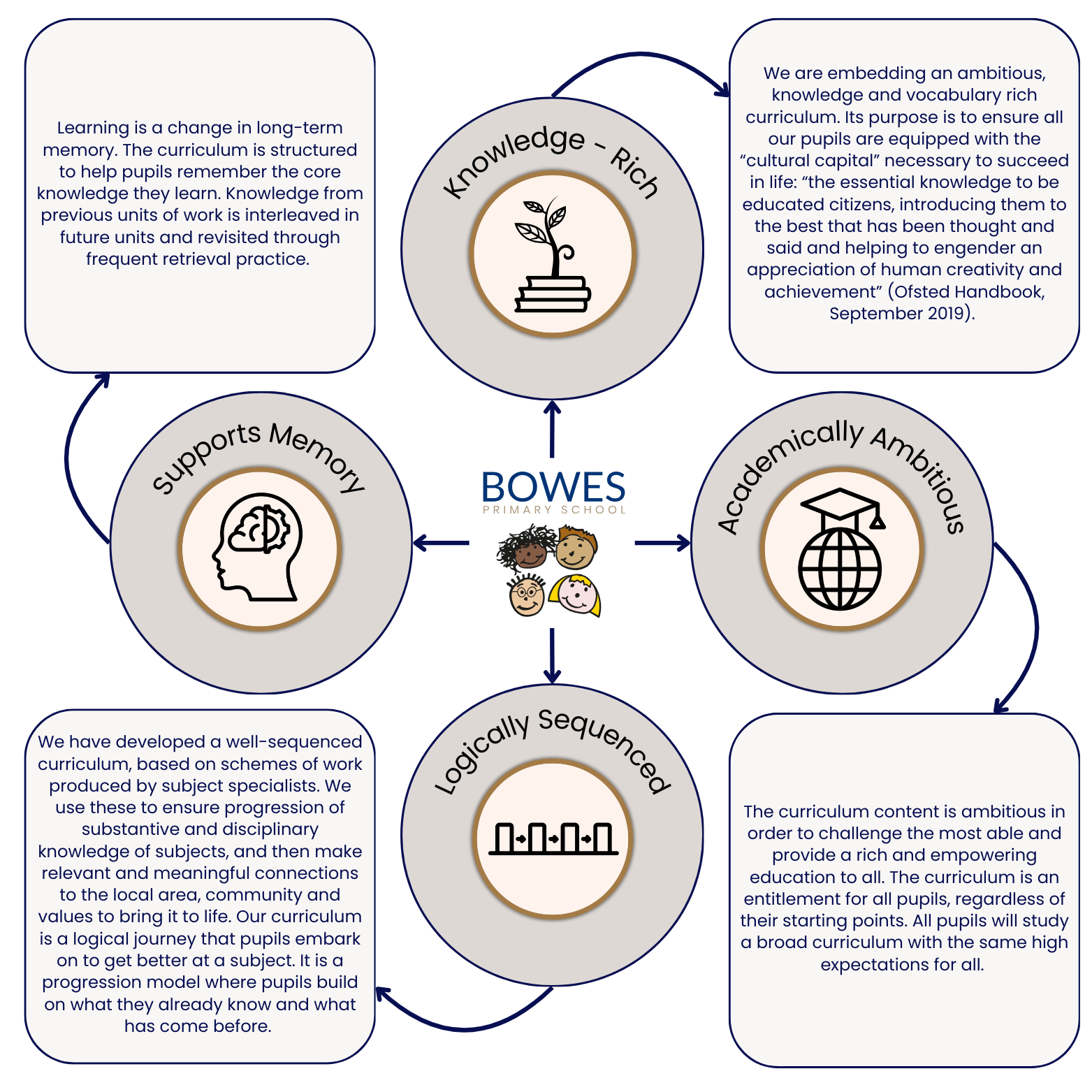
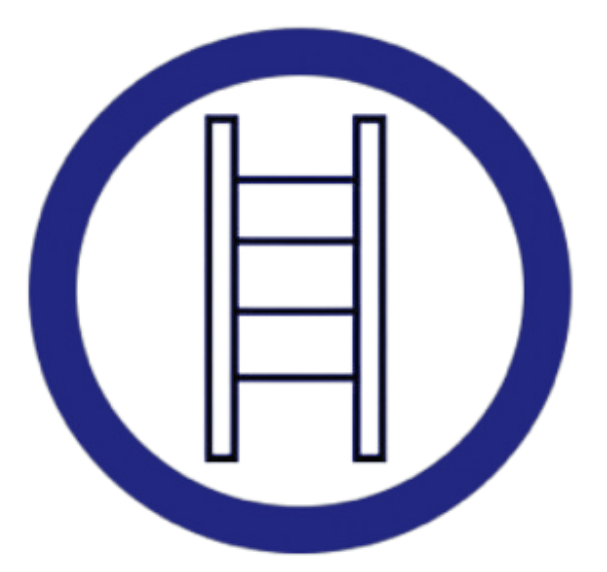 Our intended curriculum is translated over time in the classroom following a structured approach, so our pupils know more and remember more. In many instances, this now takes the form of a six-part lesson:
Our intended curriculum is translated over time in the classroom following a structured approach, so our pupils know more and remember more. In many instances, this now takes the form of a six-part lesson:
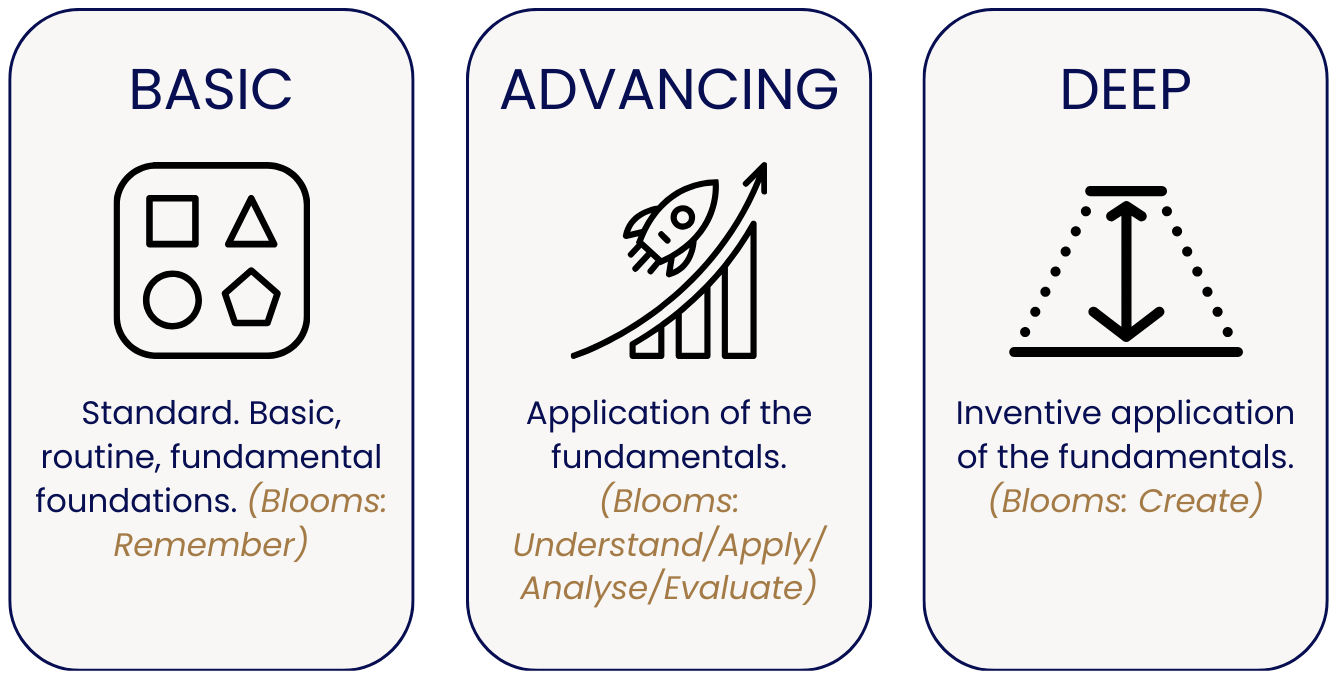
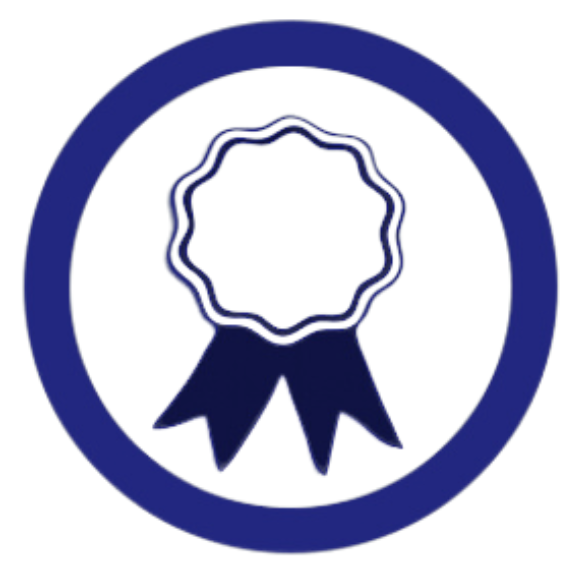 The curriculum is the progression model. If pupils are able to demonstrate they are able to know and remember more against our curriculum expectations, they are making good progress and attaining expected standards.
The curriculum is the progression model. If pupils are able to demonstrate they are able to know and remember more against our curriculum expectations, they are making good progress and attaining expected standards.